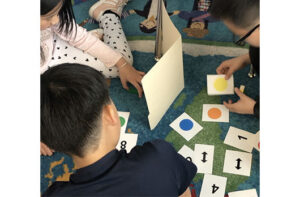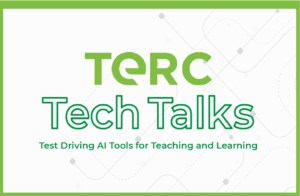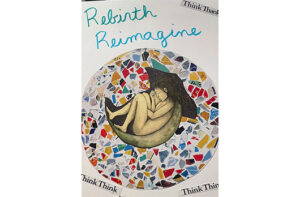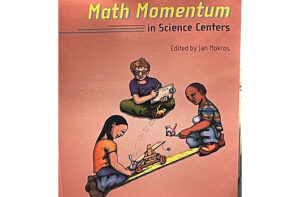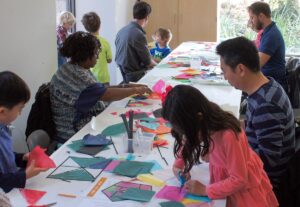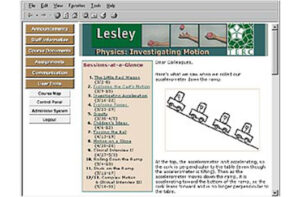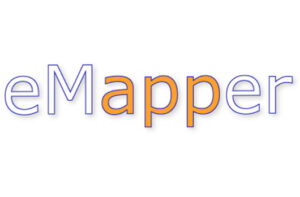Teacher Professional Development as Situated Sense-Making: A Case Study in Science Education
Ann S. Rosebery and Gillian M. Puttick
Science Education, 82, pp. 649-677
Summary
This article presents a case study that explores the ways in which a beginning elementary classroom teacher gained a foothold in the complex terrain of teaching science. The analysis examines the teacher’s experiences learning science in an educational research project and her work in the classroom to bring her students’ ideas into contact with accepted scientific ideas and practices. The educational research project explored an approach to professional development that engaged teachers in learning and viewing science as a socially and historically constituted sense-making practice and in viewing and practicing science teaching itself as a form of sense-making. The analysis suggests that engaging in these dual strands of activity directly shapes teachers’ understanding of scientific ideas and practices and their view of how knowledge is constructed in science. It further provides them with a foundation for making informed decisions about teaching science and for exploring the teaching dilemmas that arise spontaneously as opportunities for learning. Implications for professional development in science are addressed.

Related People:
Gillian Puttick


